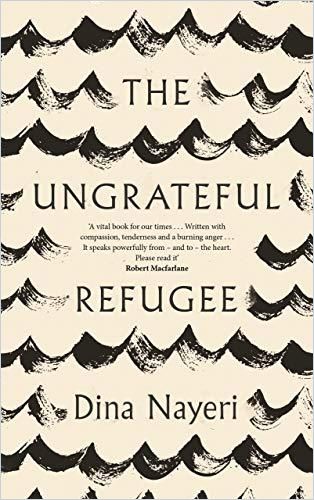On the (Economic) Effects of Immigration

Last week’s WSJ-Journal podcast, which is well worth listening to, dealt with the current immigration policy of the United States. We have put together some abstracts for you on the topic that make excellent companion reading.
The Modern Classic
On the face of it, migration is not complex – poor people move to more prosperous countries, war-torn people flee – but it generates multifaceted effects. Governments struggle to establish policies that are fair to immigrants and indigenous populations. Economics professor Paul Collier, author of The Bottom Billion, considers the economic, social and political ramifications of migration.
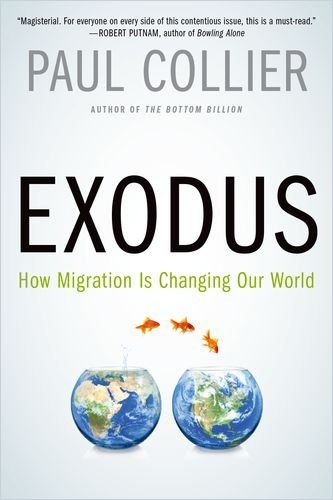
The Eye-Openers
Trying to stop illegal immigration is a multibillion-dollar undertaking involving armed patrols, fences, helicopters, video surveillance and gun-toting civilian vigilantes. Journalist and economist Philippe Legrain finds blockade efforts inhumane and economically misguided. In this scrupulously researched treatise, he makes the case that immigrants are seldom job-stealing, wage-suppressing, welfare-scrounging invaders. Instead, studies reveal that less-fettered immigration boosts host nations’ employment and wages.
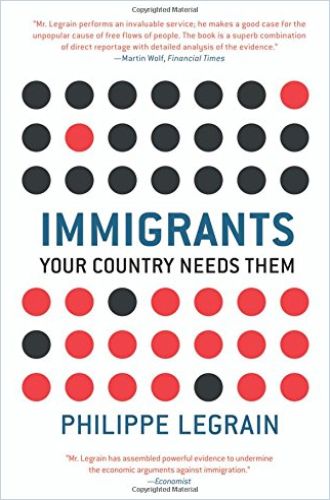
Research indicates that skilled immigrants were responsible for between 30% and 50% of productivity gains during the 1990 to 2010 period in the United States. A “place-based visa” program instead of a ban could harness and leverage skilled immigrant talent to benefit slow-growth regions:
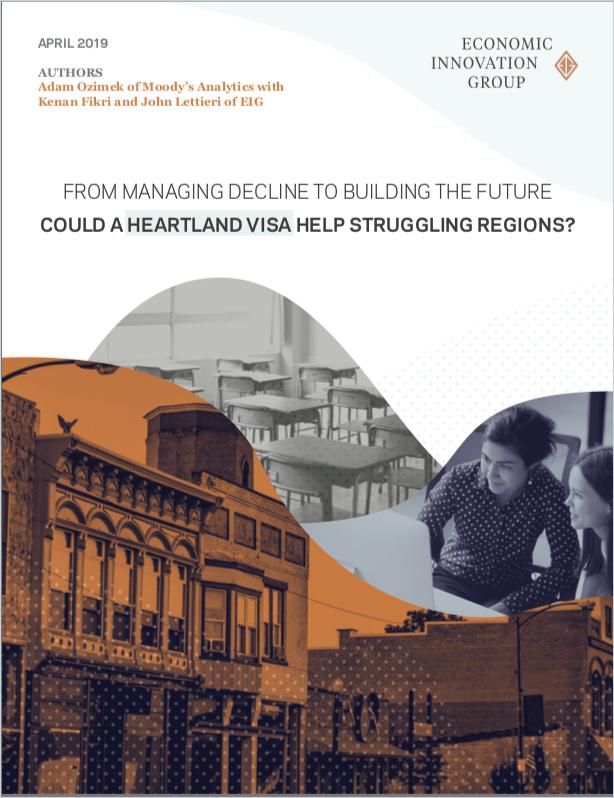
A global power struggle is under way, but it isn’t about land or oil. It’s being “fought over human capital” and it signals a reverse in a longstanding historical trend. For centuries, immigrants have come to the United States in hope of a better life, bringing the power of their educated brains and focused wills. As a result, many American scientists, doctors and entrepreneurs are foreign-born. Recently things have changed: More and more members of this vital educated class are going home, taking their ideas and capital with them. Maybe that’s a bigger threat to the economy than additional people coming in?
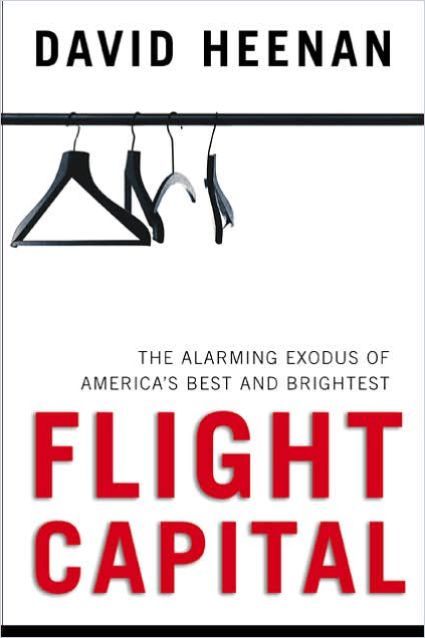
Advice for Politicians
Khalid Koser, executive director of the Global Community Engagement and Resilience Fund, and Ratna Omidvar, Canada’s senator from Ontario suggest that national authorities should manage immigration carefully. They should not promote closed borders in the interest of national security without first considering the detrimental effects. Well-directed migration carries short-term costs but can yield long-term benefits.
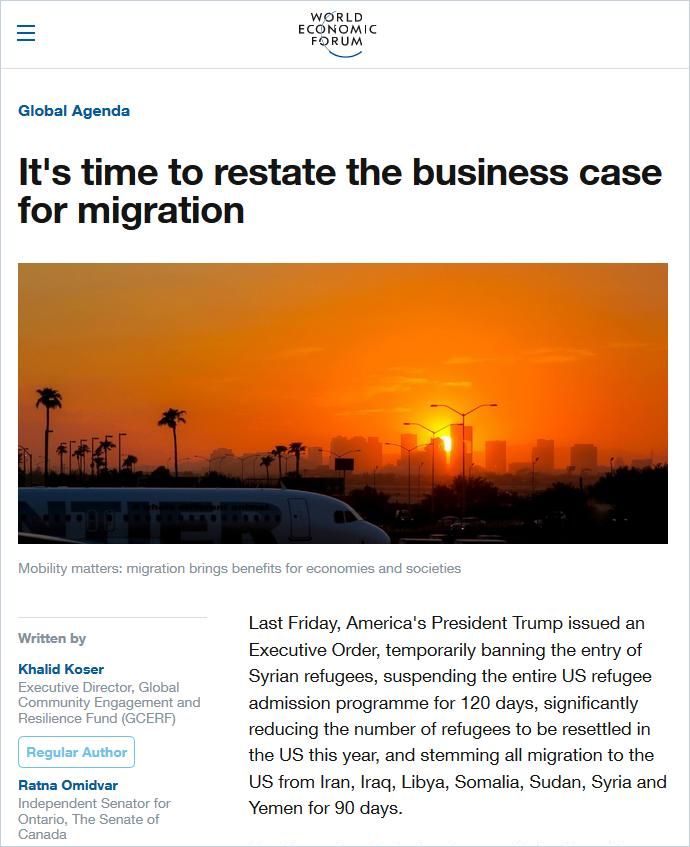
It’s Time to Restate the Business Case for Migration
World Economic ForumHow to Solve Existing Issues
Demography: In richer countries, the population is shrinking and the workforce is aging. When fertility falls, so does the ratio of young dependents to workers. This boosts economic growth until the population begins to age and the society must tend its elders. Migration has a potentially strong and long-lasting impact when it comes to counter a shrinking population and an aging workforce, says gerontology professor Sarah Harper.
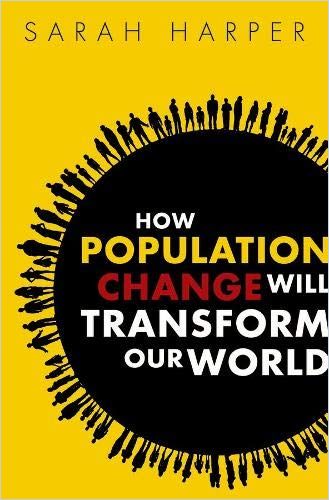
Wrong incentives and aggrieved feelings: Branko Milanovic, professor at the City University of New York and former lead economist in the World Bank’s research department, states that many people see immigration as foreign workers diluting rich-country workers’ advantages, which explains the rise of anti-immigration policies within liberal, pro-union political parties. “A large citizen premium and anti-immigration policies are two sides of the same coin,” he writes in his new book:
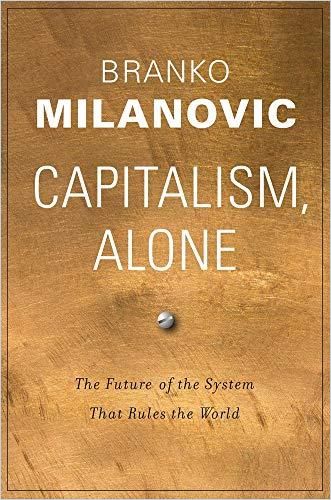
In order to tackle both the aggrieved feelings of the native population and the migrants’ incentives, he suggests offering migrants a limited kind of citizenship, through which they have curtailed rights in areas such as benefits and residency.
Opportunities for refugees: Today, over 65 million displaced people reside in temporary living spaces both within and outside their home nations. Yet individual countries and international organizations alike struggle to garner the resources and political will to find satisfying solutions to this crisis. Therefore, argues Nicholas Van Hear of the University of Oxford, it’s time to help refugees help themselves. In an essay in Foreign Affairs, he proposes the creation of a transnational polity, dubbed “Refugia,” which would give refugees the opportunity to rebuild their lives.
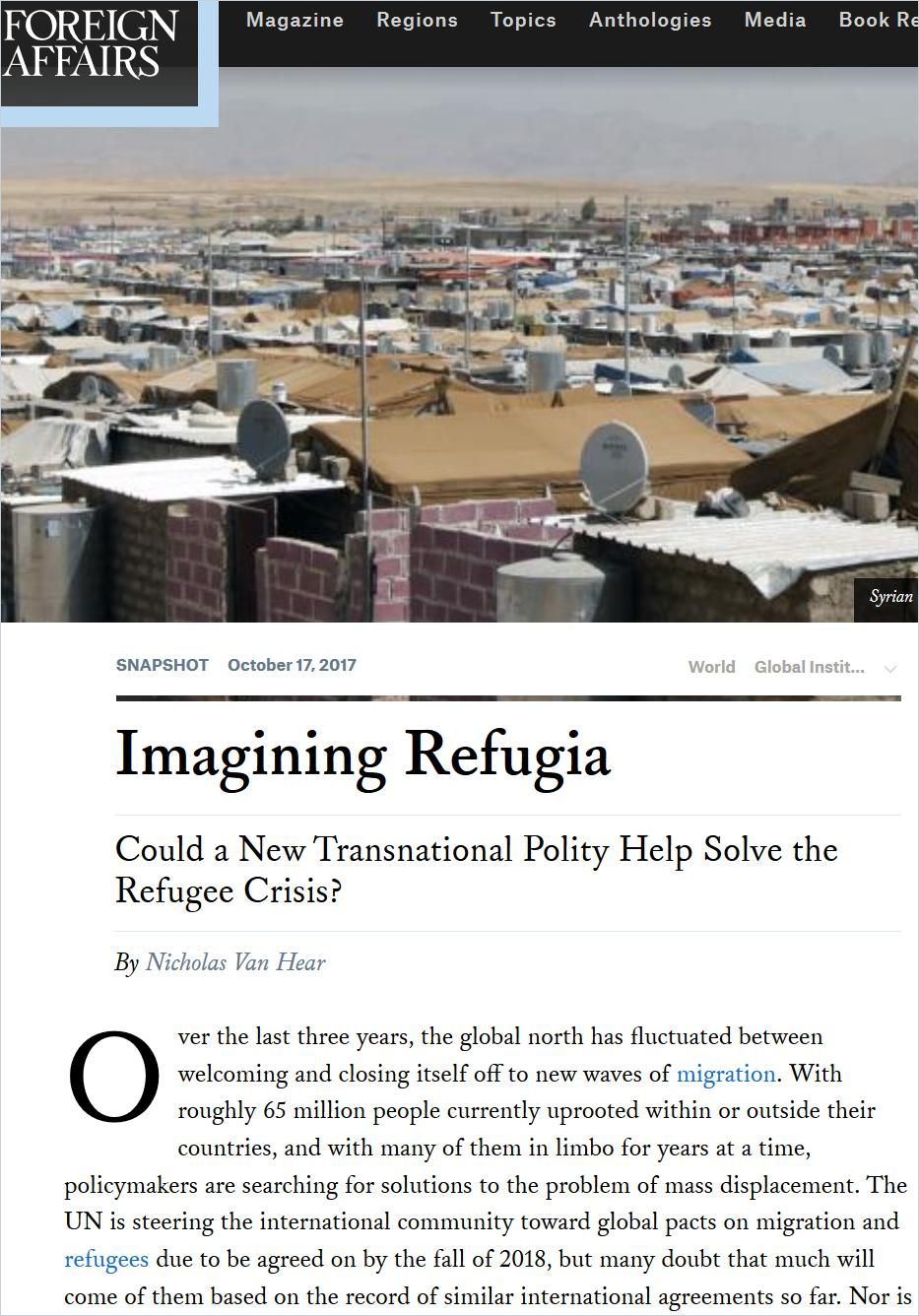
Suggested Reading
Read Dina Nayeri’s urgent, provocative stories about her flight from Iran, her need to assimilate in the United States, and her frustration at the injustices and indignities refugees face. Volunteering at refugee camps in Greece and assisting asylum seekers in Europe, Nayeri encountered tragedy, sorrow, hopelessness, anger and apathy, but also courage, love and determination. Her memorable, fearless stories call for compassion and justice for the most vulnerable people in the world.
